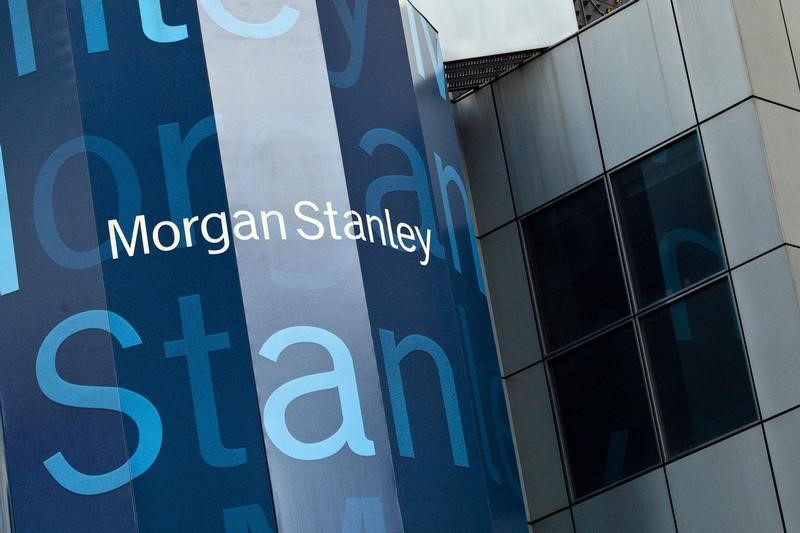Verizon to cut 15,000 jobs amid growing competition pressures - WSJ
Investing.com -- A wave of reforms in China, aimed at reducing hyper-competition and fostering sustainable growth, is creating new opportunities for investors, Morgan Stanley said.
The bank highlighted, in a note on Tuesday, that the country’s anti-involution strategy, designed to tackle deflation, overcapacity, and intense market rivalry, is expected to support a recovery in corporate returns.
“China’s anti-involution approach is driving a more sustainable recovery, with MSCI China ROE to reach 13.3% by 2030E,” Morgan Stanley wrote.
The bank’s analysts applied a “3P” framework, priority, progress, and potential, to identify sectors and stocks most likely to benefit from the reforms.
Electric vehicle batteries are said to have led the pack, followed by steel, cement, and airlines.
“Sectors such as solar equipment and chemicals show promise but face structural hurdles, while auto, auto parts, and express delivery remain challenged by fragmentation and limited policy levers,” Morgan Stanley noted.
Among individual beneficiaries, the analysts flagged 22 companies across nine industries, all rated Overweight.
Auto names include Geely, Li Auto, Chongqing Changan Automobile, Huizhou Desay SV Automotive, Bethel Automotive Safety Systems, Foryou Corporation, and XPeng.
Tech and consumer-focused stocks feature Alibaba, Meituan, Haidilao International Holding, Chagee Holdings, and Yum China.
Materials and energy names such as Baoshan Iron & Steel, China Shenhua Energy, Anhui Conch Cement, China Petroleum & Chemical Corp, and PetroChina also appear on the list.
Other names included are Contemporary Amperex Technology, Beijing New Building Materials, PICC P&C, Flat Glass Group, and Air China.
Morgan Stanley emphasized that the reforms reflect a longer-term shift away from short-term stimulus toward structural transformation. “This initiative reflects a deeper shift in how the country balances growth, innovation, and sustainability,” the note said.
The analysts said that, despite short-term volatility, the overall outlook is positive, with gradual reflation and measured policy execution supporting earnings growth.
